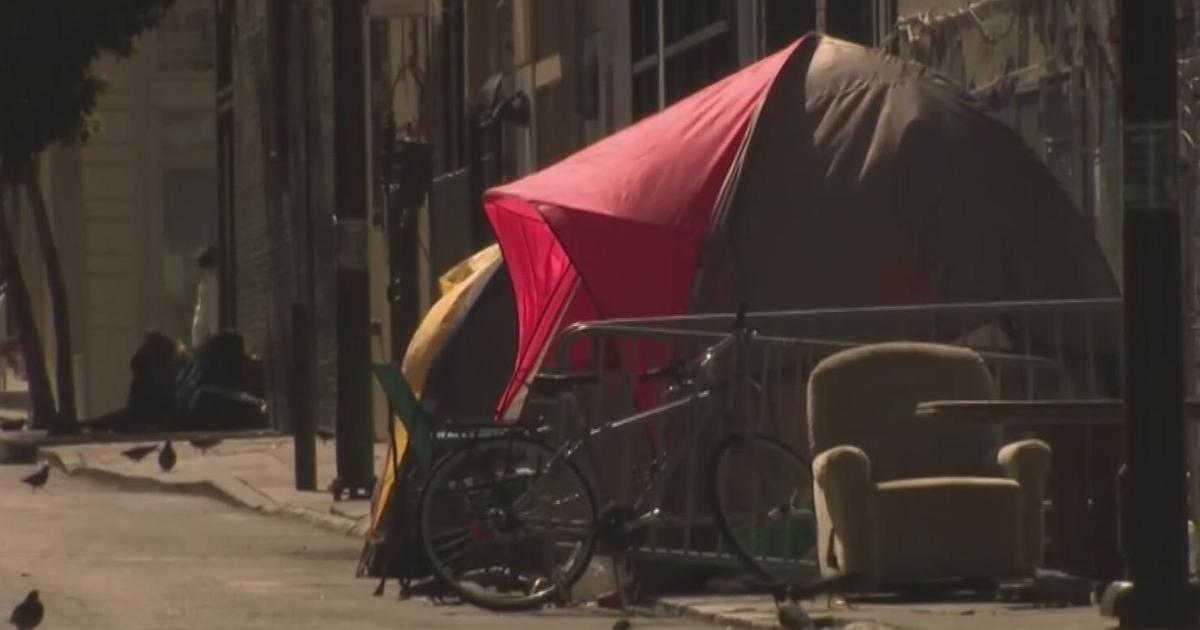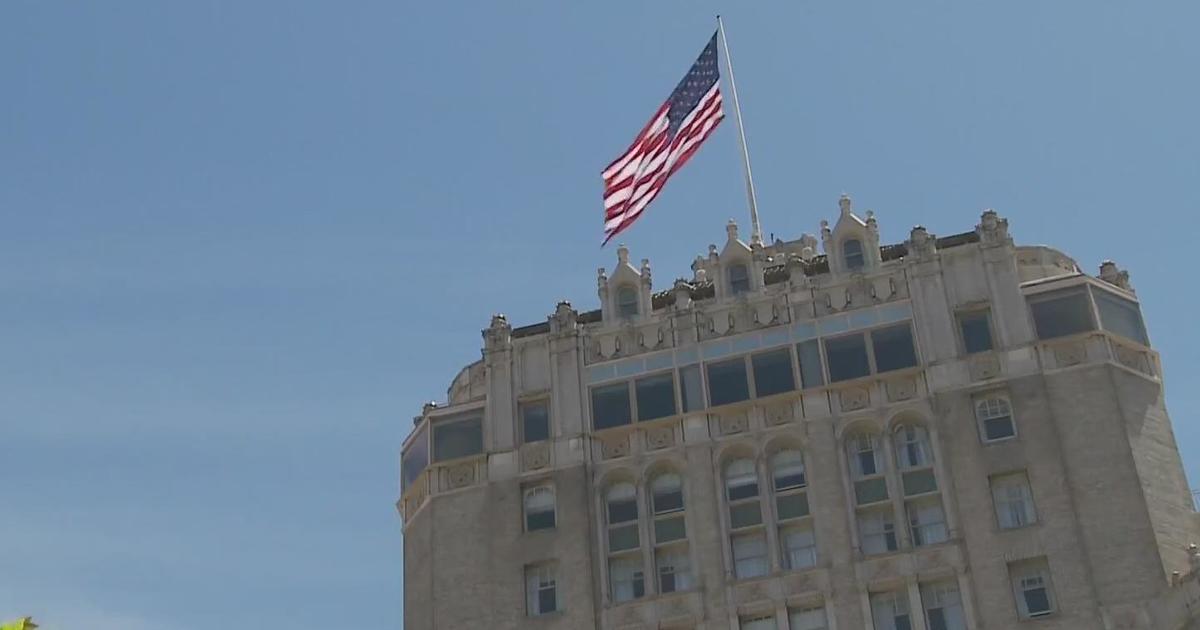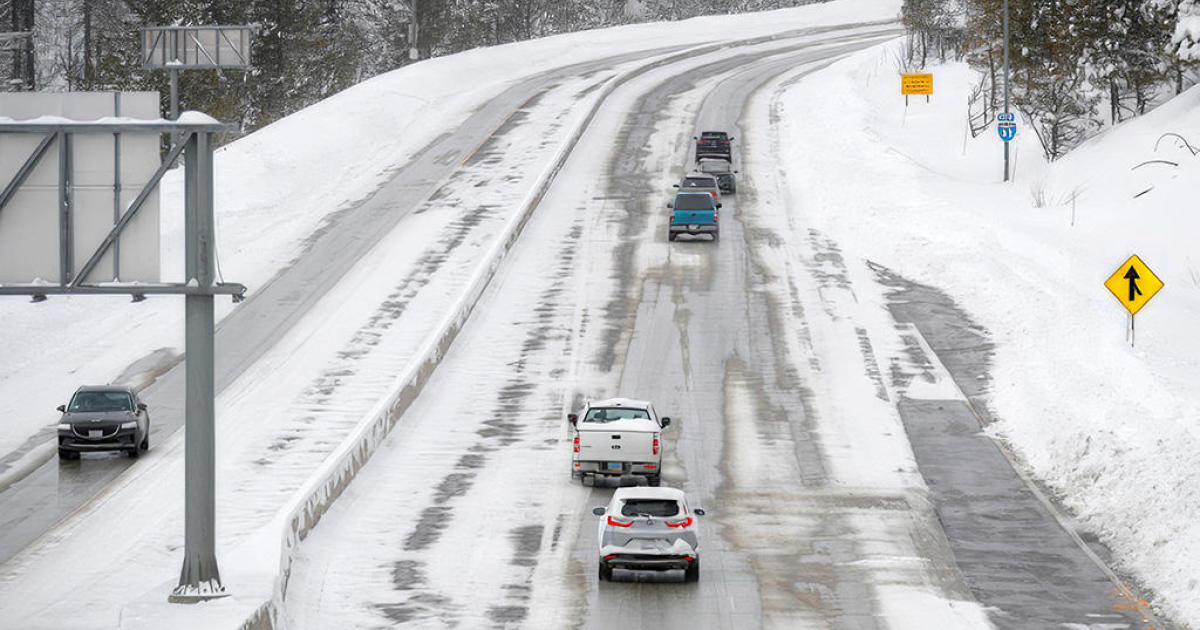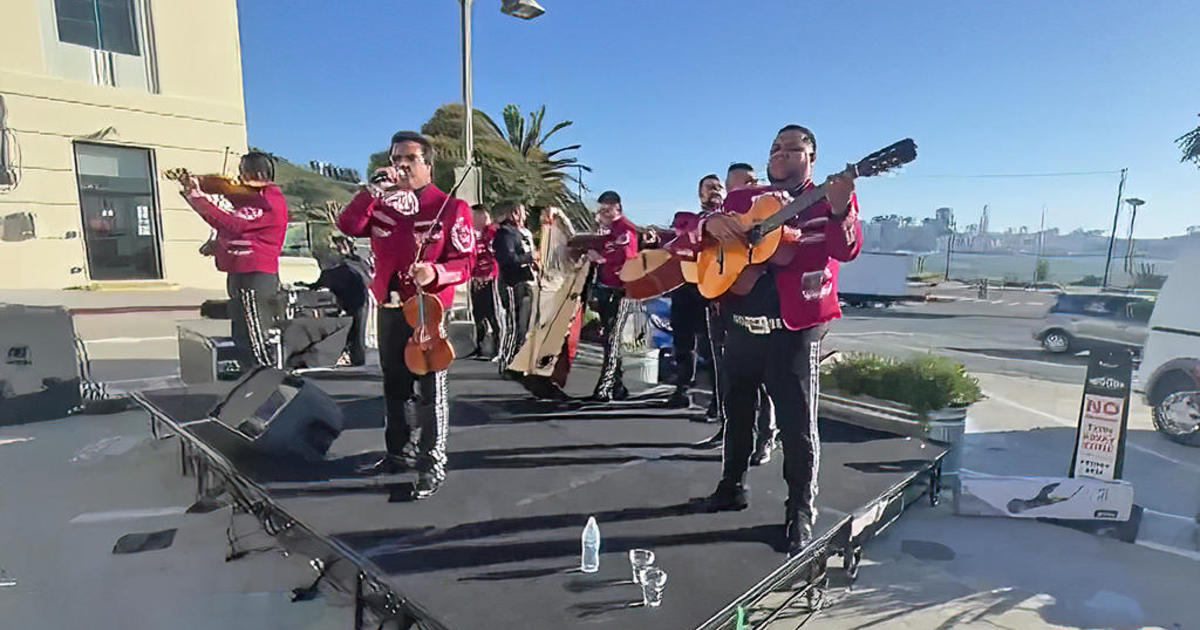UCSF Health Expert Proposes Distributing COVID-19 Vaccine by Lottery
SAN FRANCISCO (KPIX) -- Distributing the COVID-19 vaccine is proving to be more complicated than first believed.
In California, the vaccine supply is limited, a more contagious strain found in Los Angeles is spreading and interest groups are pushing to be next in line to roll up their sleeves. The system feels chaotic and the potential to sow distrust is growing.
UCSF Dept. of Medicine chairman Dr. Bob Wachter said California should consider a lottery system as a more equitable way to coordinate coronavirus vaccinations.
"It stresses the system and it's contentious. Everything about COVID has been contentious," Dr. Wachter said.
Just over 1 percent of Californians have been vaccinated and Dr. Wachter is concerned the system of delivering the vaccine may be overly complicated.
"My concern is the more complicated you make something -- even in the name of equity -- the more inequitable it will become because of who can ... take advantage of complex systems," Dr. Wachter said.
Dr. Wachter wondered how will a health worker at Walgreens or CVS know if you are a grocery store employee, a pre-school teacher or an Uber driver? Will you need to carry a note from your human resources department?
A what does it mean to have a pre-existing condition? If someone is a childhood cancer survivor with no recurrence in adulthood, can that person claim a pre-existing condition?
Diabetes puts you at a higher risk for COVID-19 complications but what if you have pre-diabetes or insulin resistance? Will you need a note from your doctor? Will some individuals jump the line and pressure their physicians to exaggerate their conditions?
Dr. Wachter looked at his medical center's vaccine rollout and was inspired: What about a lottery?
The UCSF vaccine rollout was not a pure lottery but, in general UCSF frontline workers (who are now beginning to get their second dose) were initially divided into four main groups.
Then within each group the allocation was determined by lottery.
"We all waited. We checked our e-mails. If you didn't get it today, you'll probably get it tomorrow and that led people to stay calm about it and say it's a trusted system," Dr. Wachter explained.
Because of their elevated risk, frontline health care workers, nursing homes and older Californians would still go first.
"People over age 75 have a several-hundred-fold times higher chance of dying," noted Dr. Wachter.
As for the rest of us, a lottery may look like this: a number is drawn, let's say it's "3." If the last numeral of your birth year is 3, you get to schedule a shot.
"I was born in '57. So I'd be 7 -- it's not my week. Next week, maybe 7 will come up and I can go to Walgreens or CVS to get my vaccine," Dr. Wachter explained.
Dr. Wachter was also inspired by the strategy used during the 1979 oil crisis. Back then, you filled up your car according to the last number on your license plate: odd numbers meant you went on odd days, even numbers meant you went to the gas station on even days.
Dr. Wachter has co-authored an opinion piece in the New York Times on the issue along with Dr. Ashish Jha, dean of the Brown University School of Public Health.



